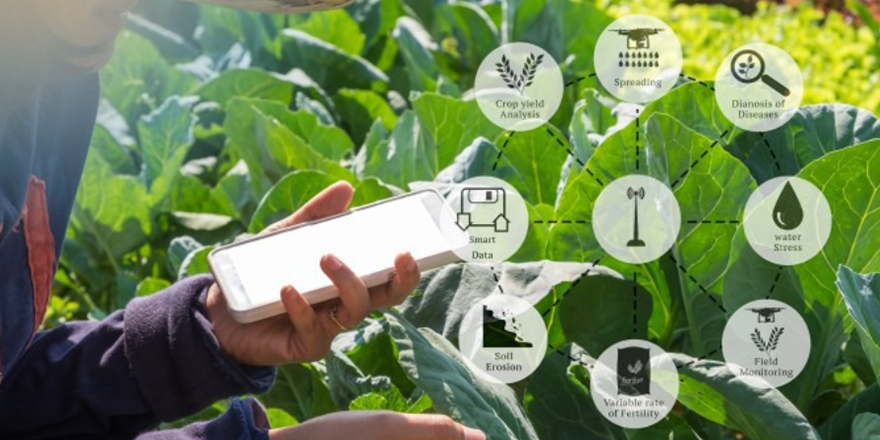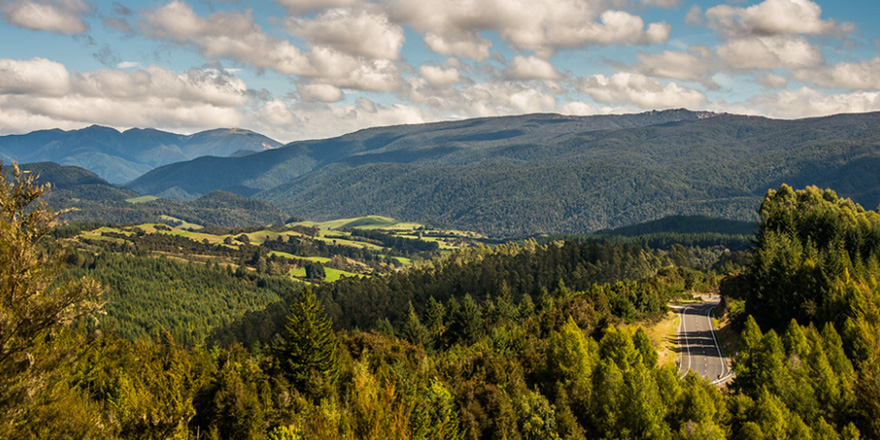Executive summary
This report is about climate change and its effects on the dairy industry on the East Coast of New Zealand. I have been working in the industry for the past 12 years and have seen some of the changes in climate. As a farmer, you would be foolish not to have a better understanding about climate change and its effect on your business.
The scope of the research considers climate change impacts over the past 20 years, and into the next 20 years. The three key areas of enquiry are related to farming operations, productivity and environmental factors (rain, temperature and land erosion).
The key objectives are to:
- Understand how climate change has impacted on operations and productivity in dairy farming/farming over the past 20
- Explore how climate change may impact operations and productivity in the next 20 years.
- Consider the key environmental factors of rain, temperature and land loss on the future of dairy
The literature review looks at climate change and the implications for farming operations and productivity. All information was gathered through an internet search under the topic climate change and agriculture. The main sources used were New Zealand government agencies, research centres and research from Universities.
The research methodology used anonymous questionnaires to gather data. The questionnaire was distributed via social media and email. I received 14 responses. The data from the research questionnaires was analysed by question and themed by topic. Six of 14 respondents say that climate change is a natural cycle of weather. Five of 14 say that climate change means less certainty and that farming operations will need to change. Six of 14 say that the main risks are weather related, mainly drought, flooding and major weather events. Half of the respondents said climate change has not affected them. Nearly all respondents
- have plans to mitigate the effects of climate change. Half of respondents say that compliance and cost does affect their farming operations and they expect these to
For farmers, it is business as usual and for farming operations we manage for the extremes now anyway. However, the industry needs to develop sustainable practices, we need innovation, and government and regulatory bodies need to be reasonable about the cost of compliance.
Jori Tuinier



